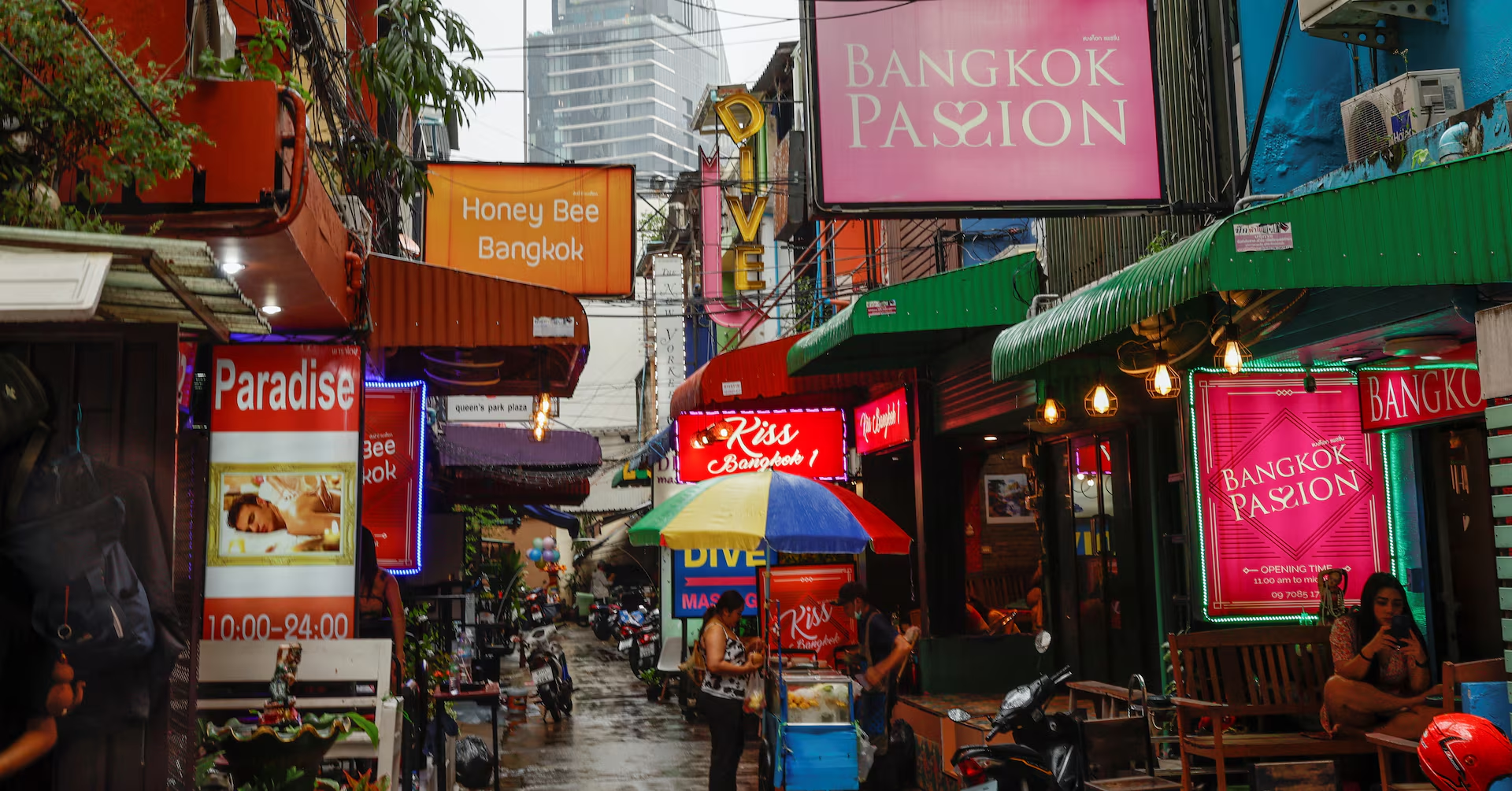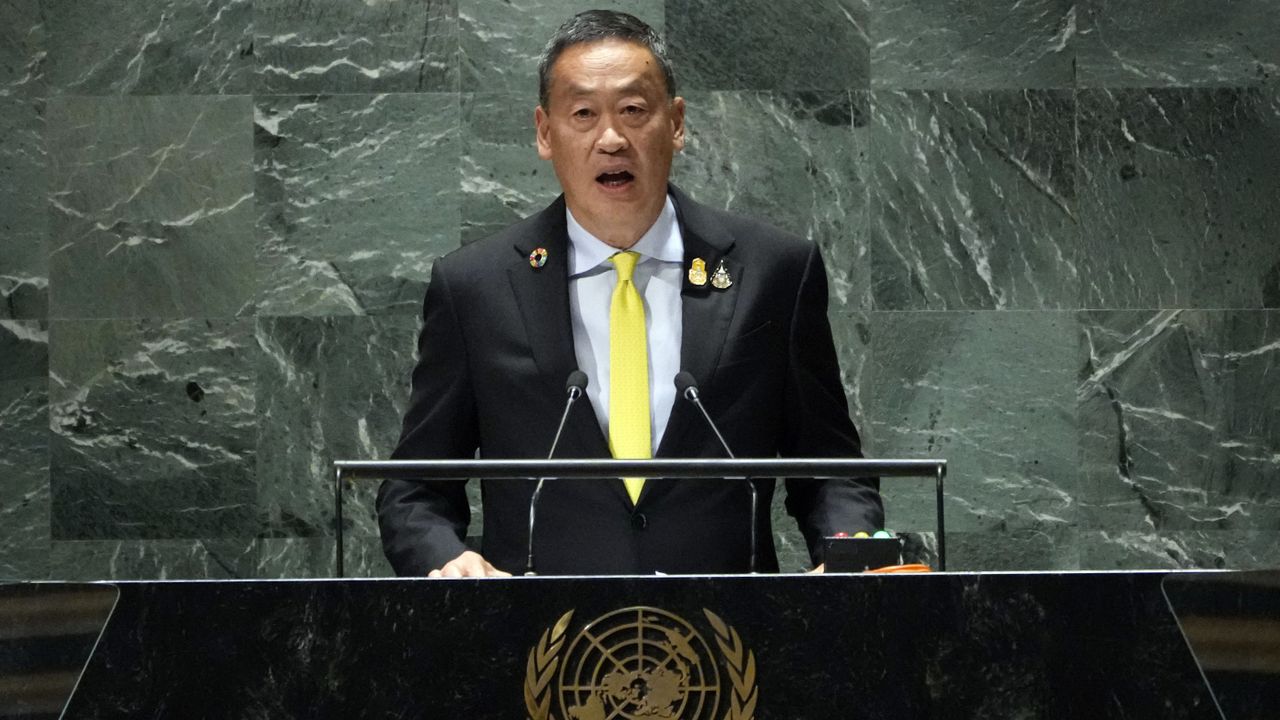Effective July 1 in Bangkok
Thailand’s national wage committee announced on June 17, 2025, that all workers in Bangkok will receive a minimum daily wage of 400 baht starting July 1. This increase, approved after a three-hour debate, aims to enhance workers’ livelihoods in the capital, where the current minimum wage stands at 372 baht, aligning with efforts to boost economic activity.
Expansion to Tourism and Hospitality
Nationwide Impact for Key Venues
The 400-baht minimum wage will extend beyond Bangkok to workers in hotels and entertainment venues across Thailand. Specifically, it applies to two-star hotels and above, those with over 50 rooms or a restaurant, and venues registered under the Service Establishments Act. Previously, this rate was limited to major tourist hubs like Phuket and Chon Buri, marking a significant policy expansion.
Economic Considerations Addressed
Limited Impact on Employers
Boonsong Thapchaiyut, chairman of the wage committee and Labour Ministry permanent secretary, emphasized that the wage hike targets sectors like tourism and hospitality, where employers are less likely to face financial strain. The committee’s two-thirds majority vote reflects confidence that the increase aligns with current economic conditions, benefiting approximately 700,000 workers nationwide pending cabinet approval.
Support Measures for Businesses
Soft Loans to Ease Transition
To mitigate the financial impact on employers, the Labour Ministry has secured 30 billion baht in soft loans through six commercial banks. Additional support measures are under consideration to assist businesses adapting to the new wage structure. This proactive approach aims to balance worker benefits with employer sustainability, fostering a stable economic environment.
Rejection of Political Speculation
No Link to Cambodian Workers
Boonsong dismissed claims that the wage hike was intended to retain Cambodian workers amid ongoing Thailand-Cambodia border tensions. He clarified that the policy is designed to uplift Thai workers across sectors, not to address specific labor migration issues. This statement counters Phnom Penh’s recent efforts to repatriate its workers with job promises.
Pheu Thai’s Wage Commitment
Long-Term Wage Goals
The wage increase aligns with the governing Pheu Thai Party’s 2023 election pledge to implement a 400-baht minimum wage nationwide, with plans to raise it to 600 baht by 2027. However, resistance from employers and the independent wage committee has highlighted regional economic disparities, complicating a uniform rate. The current targeted approach reflects a pragmatic step toward fulfilling this promise.
Broader Economic Implications
Boosting Worker Purchasing Power
The wage hike is expected to enhance workers’ purchasing power, particularly in tourism-driven areas, stimulating local economies. By focusing on sectors with strong revenue potential, the policy aims to drive consumption without overburdening smaller businesses. As Thailand navigates global and regional challenges, this measure underscores a commitment to equitable economic growth.








